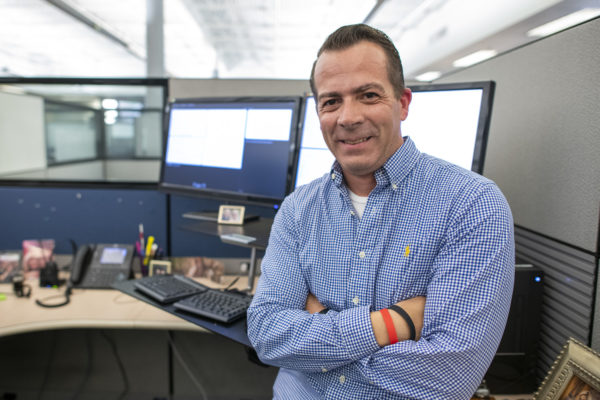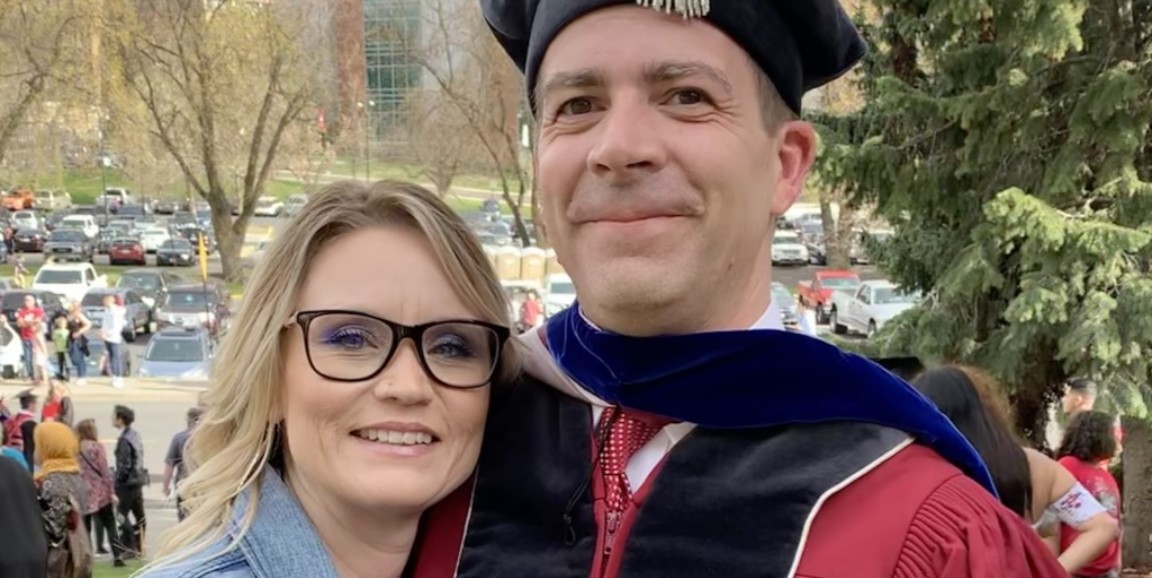Noel Vest's career in science started not long after he walked out of prison on June 28, 2009.
2009 and 2010 were pivotal time for Vest, as a Stanford News story explains, He'd just completed a seven-year prison sentence, and with the aid of self-help programs, courses he took through the College of Southern Nevada, and conversations with other substance users in recovery, Vest became better at coping with heartbreak and an addiction to alcohol and drugs.
During this time, Vest returned to his home in Vancouver, Washington and enrolled in community college. In college, he met the woman who'd become his wife, and a professor who believed in him and encouraged him to pursue graduate school.
"That was a turning point," Vest said. "It was the first time I thought I could seriously attain a career beyond being a drug and alcohol counselor."
Vest earned a bachelor's degree in psychology in 2013 and, five years later, a PhD focused on mental health and substance use disorder. Today, he's a postdoctoral scholar in Stanford Medicine's Systems Neuroscience and Pain Lab, working with Sean Mackey, MD, PHD, professor of anesthesiology, perioperative and pain medicine, and Keith Humphreys, PhD, professor of psychiatry and behavioral sciences.

Vest's hard work, resilience, and mentors helped pave the way to his successful career in science. But, as Vest points out, his path to higher education would have been tougher if he had to disclose information about his criminal record on his college application. Questions about criminal records on school and job applications can be huge career roadblocks for people who were once incarcerated, Vest explained.
"Reentering society after prison is already hard enough, and placing restrictions on employment, housing and education only serves to dehumanize this already highly stigmatized group," Vest said. "We know that nothing is more effective at reducing recidivism than obtaining a college degree."
That's why he helped draft the Fair Chance Act -- a bill that prohibits colleges and universities across Washington state from asking applicants about their criminal records before offering them admission.
In the future, Vest plans to continue his research on substance use disorder and mental illness. He also aims to advocate for legislation similar to the Fair Chance Act in California.
Top photo courtesy of Noel Vest




